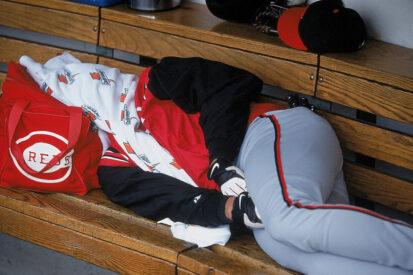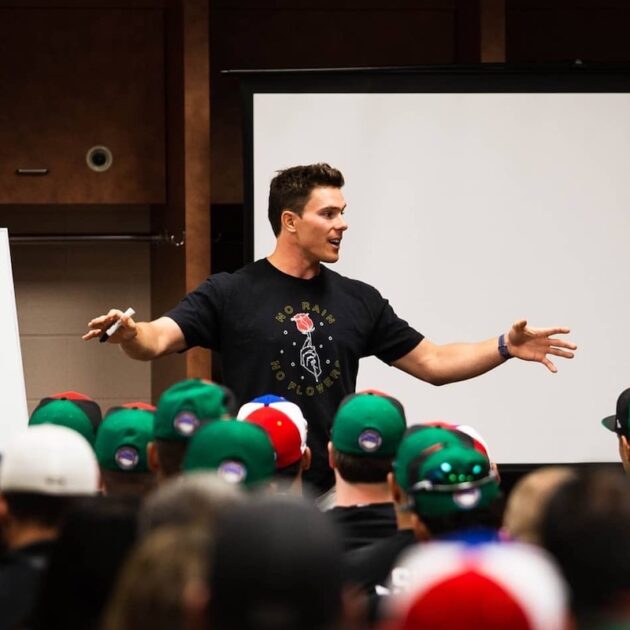Learning the art of communication can significantly impact not just your athletes but also you. As a coach or leader of a team, strong communication is essential to getting buy-in from your players. Having the ability to communicate and reach each individual can often measure how successful you will be in bringing the team together for a shared goal. So what are some essential characteristics of good communication?
- Be clear and concise: As leaders, we can constantly want to be as detailed as possible when communicating with our team, making it hard to pull together a narrative of what you want to get across. Focus on being transparent, short, and to the point with your messaging of your goals for your team. Go into the practice or game knowing three to five main points you want to get across to your players. You don’t have to unload everything on them at once. This will help ensure that your message is understood by the team.
- Be an active listener: The one way we understand the perspective of others is by actively listening. Don’t just hear your players, but by listening to what they are saying and make sure they know you are listening. We often want to respond and have our voices heard instead of taking the time to truly listen to the meaning behind what they are saying. This will help build trust with your players.
- Be adaptable and responsive: There are times, as a leader, we have ourselves set in stone about the way we communicate. Be willing to adjust your communication style and seek feedback from those you lead on what could help you communicate better with them. Better understanding your athletes’ needs will help you adapt and respond to their needs. It will also allow you to communicate what your players need quickly.
- Provide feedback and recognition: When leading a team, it can be easy to forget to provide feedback and distinction to your players. When a player faces adversity or failure, don’t just tear them apart. Find ways to help them improve. And when they do improve or succeed, make sure to acknowledge that. This will go a long way in helping your players feel valued.
- Be transparent: A key to communicating effectively is regularly being transparent. Make sure your players are always informed of changes that could be coming. Give them enough advance notice so it doesn’t come as a shock to them. Stay engaged with your players as well. This will allow you to know what is happening at all times.
Communication is something we all are trying to improve on every single day. Whether it is on the field or in our personal life. There isn’t one thing out there that will make you the perfect communicator, but there are steps you can take daily to improve how you communicate as a leader. Taking these steps will not only help you improve but will show your athletes that you are willing to put the work in to improve and are looking out for the best for them.









